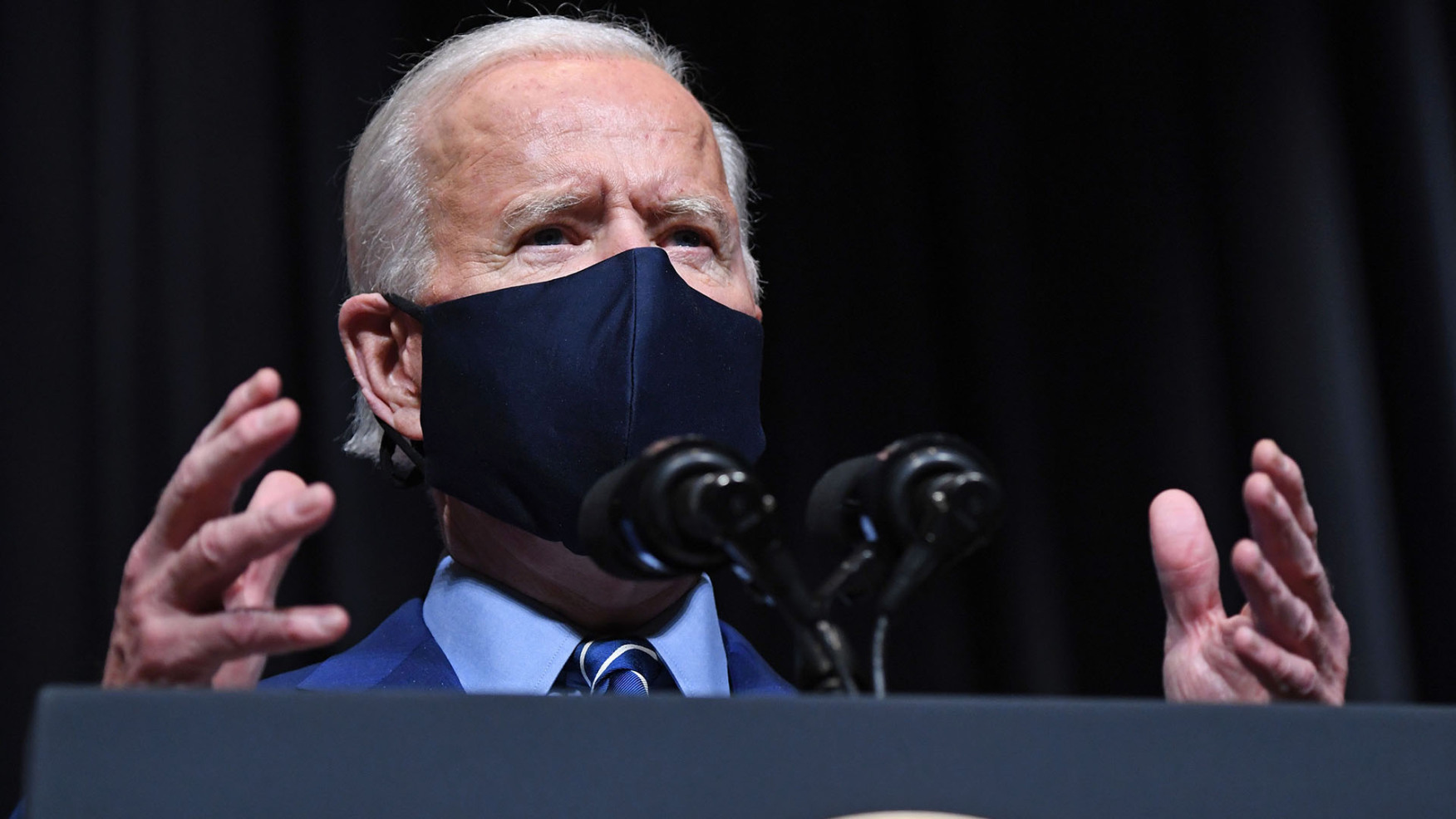
Why is Biden’s COVID relief bill taking so long?
Sources say it could be until mid-March until relief is passed, two months after Biden took office.
It’s been a quick month, but for those waiting on much needed COVID relief, the time has passed much slower, as lawmakers continue to deliberate even after President Joe Biden’s $1.9 trillion package was introduced in mid-January.
The president was inaugurated, and Democrats took a slight lead in both houses of Congress. Then, the world watched as the aftermath of insurrection at the Capitol resulted in an impeachment trial and subsequent acquittal.
Now both parties have turned their attention to a COVID relief bill to address vaccine distribution, unemployment, burdened healthcare systems, and failing small businesses.
There has been an ongoing deliberation between Republicans who have raised concerns that spending that comes along with Biden’s plan oversteps fiscal boundaries.
Democrats have been steadfast on its key components, declaring that the total package is necessary to deter a years-long recovery from the pandemic.
But it has taken longer than previously thought.
Besides the insurrection and second impeachment trial of former President Donald Trump, a lot of the delays stem from months long negotiating across party lines.
Compared to the early days of the pandemic, lawmakers moved quickly on a series of COVID measures, culminating in the $2 trillion CARES Act in late March.
Since then, nearly a year ago, concrete policies to aid the nation during the pandemic have been sluggish, even after it became clear in the summer and fall that much more aid was needed, as the second and third waves hit.
Senate Republicans held to their concerns of adding to a federal deficit, and countered the House Democrats’ $3 trillion relief package with a $500 billion proposal in September.
It’s this back-and-forth dynamic of a hyperpartisan Congress that led to bipartisan Problem Solvers Caucus in the House to begin offering compromise proposals following the counter in September. The Caucus joined moderates in the Senate behind a short-term $908 billion plan in early December.
It’s the plan that served as a bridge for Biden’s eventual $1.9 trillion plan.
But it wasn’t a triumph. The momentum that finally picked up in the final months of 2020 were “rather a failure to find consensus,” wrote the LA Times editorial team.
RELATED CONTENT
What really brought the hyperpartisan back-and-forth to an end were the looming deadlines, which is why Congress Democrats are using reconciliation in order to fast-track Biden’s relief package, allowing a simple majority.
Highlights of the bill include an additional $1,400 check for a single taxpayer, varying across the situation and status. It also implements a hard cut-off for individuals. making $100,000.
Some Republicans want to cut the size of the check as well as increase eligibility limits, but this is one aspect Biden has pushed despite the persistence — the same persistence with which he has had to ward off the progressive push for a full sum of $2,000.
But there is one aspect Progressives won big on — the increase to a $15 minimum wage.
Biden has previously mentioned that the minimum wage increase may not even make it onto the final version of the coronavirus relief bill. It's one way in which his bipartisan dilemma has manifested itself. It appeases the Progressive left, but outraged moderates and conservatives.
Campaign promises of unity and bipartisanship were one of Biden’s main talking points before the election, and it was as a point Biden reiterated at his town hall.
His bipartisan pursuit will face one of its biggest challenges in the upcoming Senate vote — whenever that will be — where Democrats can’t afford to lose a single vote to pass the measure.
Democratic Senate Moderates — Joe Manchin III and Kyrsten Sinema have both indicated that they oppose increasing the federal minimum wage to $15 an hour.
The House aims to pass the COVID aid bill before the end of February, with the goal to have the bill approved in the Senate by mid-March, when deadlines of unemployment assistance and other pandemic-related aid are set to expire.
Unemployment benefits are set to expire on March 14.











LEAVE A COMMENT:
Join the discussion! Leave a comment.